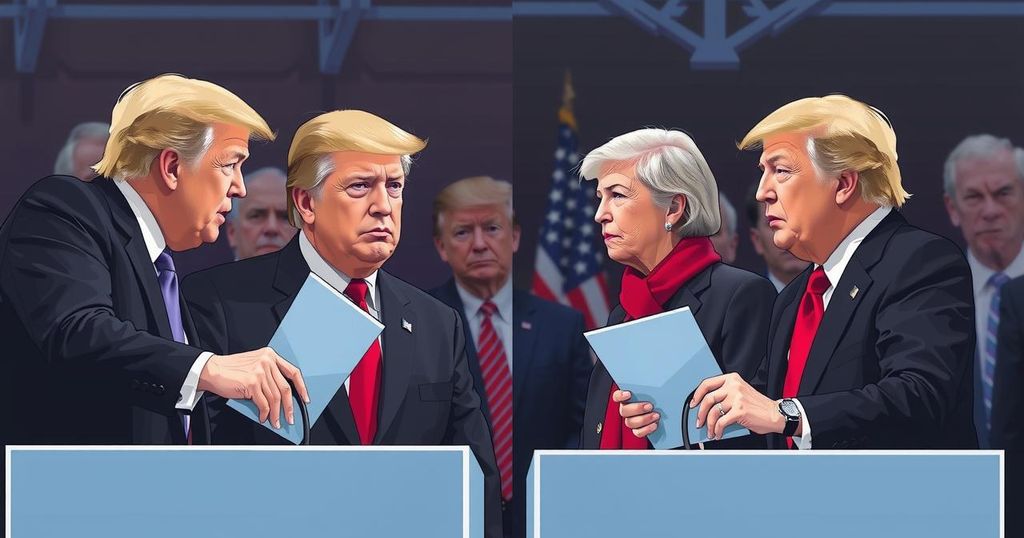In 2024, over 60 countries conducted national elections, revealing a widespread anti-incumbency trend where incumbents were punished and newcomers rewarded. Economic dissatisfaction fueled these results, with inflation emerging as a critical issue. Key events included Donald Trump’s presidential return in the U.S. and a historic Labour Party victory in the UK. The electoral landscape demonstrated a shift toward populism and alternative political strategies.
In 2024, national elections unfolded in over 60 countries, involving more than 40% of the global population. Despite the diverse political systems, a common theme of political frustration emerged. Many incumbent leaders faced backlash, while newcomers capitalized on the prevailing dissatisfaction. The elections underscored a shift toward anti-incumbency, exemplified by significant events like Donald Trump’s return in the U.S. and the Labour Party’s triumph in the UK under Keir Starmer, ending 14 years of Conservative rule. Economic discontent, highlighted by high inflation, played a pivotal role in these outcomes. Additionally, ideological trends signal a rise in populism, with varied successes across left and right factions in countries including France and Indonesia. Thus, the political landscape in 2024 reflects a notable departure from established norms, with voters increasingly seeking change and alternatives to mainstream politics.
The year 2024 was marked by an extraordinary wave of elections worldwide, reflecting the diverse political climates ranging from democratic states to authoritarian regimes. This simultaneous global voting led to the emergence of a cohesive narrative characterized by a rampant anti-incumbency sentiment. Voters, frustrated with their economic realities and neglect from established political parties, gravitated toward candidates promising significant changes. This backdrop of discontent provides essential context to understand the election results across varied nations.
In summation, 2024 was a pivotal year for global elections, revealing a profound voter sentiment characterized by frustration towards incumbents and a demand for fresh leadership. This anti-incumbency trend, influenced significantly by economic challenges, indicates a broader shift in political ideologies, with populism emerging strongly on both the left and right. As societies grapple with these transformations, the need for responsive governance becomes paramount, highlighting the continuing evolution of political dynamics around the world.
Original Source: foreignpolicy.com






